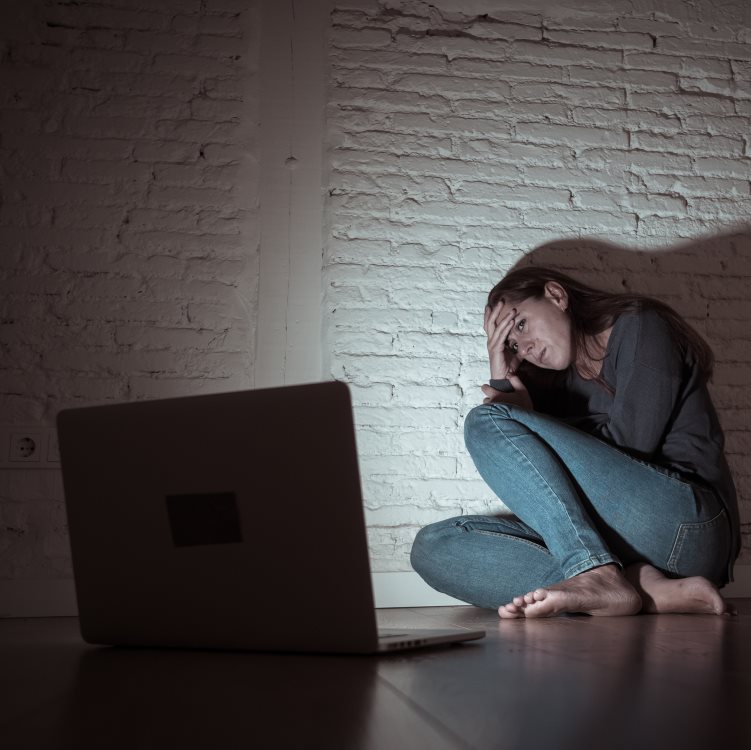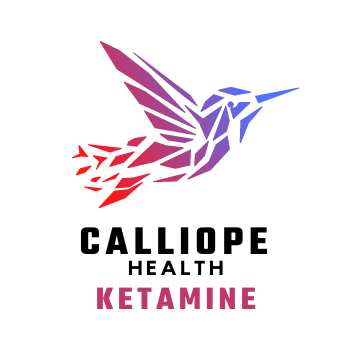Social Media Anxiety Disorder

When was the last time you checked your Facebook, Twitter, Instagram, or Snapchat account? Do you ever feel anxious when you are unable to check them? You may be surprised to know that social media anxiety disorder is a real disorder. It is a mental health condition with great similarities to social anxiety disorder.
Anxiety disorders are the most prevalent mental health disorders in the United States, and social media anxiety is becoming one of the fastest growing of those disorders.
Technology is supposed to make things easier and more convenient for us. However, there are times when technology can cause us added stress. Some studies have shown that almost 20% of people with social media accounts cannot go more than three hours without checking them.
Most people with social media accounts do not feel anxious when they are unable to check their accounts and updates for a few minutes. Those who suffer from social media anxiety disorder can feel great deals of stress and anxiety just from being separated from their accounts for a short period of time.
Social media anxiety disorder has some common symptoms to look out for:
● Lying about how much time you spend on social media.
● Checking social media accounts in the middle of conversations.
● Loss of interest in other activities.
● Withdrawal from friends and family.
● Being distracted at work by social media.
● Neglecting tasks at home or work in order to comment on a social media thread.
● An overwhelming need to share things on social media sites.
● Severe feelings of stress or anxiousness when unable to check social media statuses for a period of time.
According to a survey published by the National Center for Biotechnology Information, about 30% of students using social media spend over 15 hours per week online. This time can greatly take away from relationships, work, and education. Spending several hours per day on social media sites such as Facebook can be a sign of social media anxiety disorder, and it can greatly affect both mental and physical health.
Spending too much time online has been proven to often cause eye strain, neck pain, lower back problems, and hand and wrist cramping. In more severe cases it can also lead to obesity, poor nutrition, and even heart disease.
On the mental health side, research has shown that social media anxiety disorder and spending too much time online in general can lead to depression, paranoia, loneliness, and attention deficit hyperactivity disorder (ADHD). The problems come not just from the need to share things online but also from comparing themselves with others on Facebook. It can cause feelings of jealousy and depression.
There is also an unhealthy need to be “liked” on sites like Facebook. Social media anxiety disorder is not just about a compulsive need to check statuses and notification. Sufferers also often times feel a need to have their posts and notifications liked, shared, and commented on by others.
When the response to their activities does not meet their expectations, it can trigger feelings of sadness, loneliness, and even lead to depression.
What Can Be Done?
The most important thing is recognizing the problem and that your expectations on Facebook and Instagram may not be realistic. Those people posting are usually only posting highlights of their life and the good stuff. They have the same struggles as everyone else.
It’s easy to say that someone needs to get out and enjoy “real” life, but for a sufferer of this disorder it is often not as simple as just turning off their phone or computer and getting out of the house. Talking to a counselor about why they are having these obsessive feelings is the best way to get their social media life under control. If you or someone you know is suffering, call us today or contact us online to schedule a consultation.

